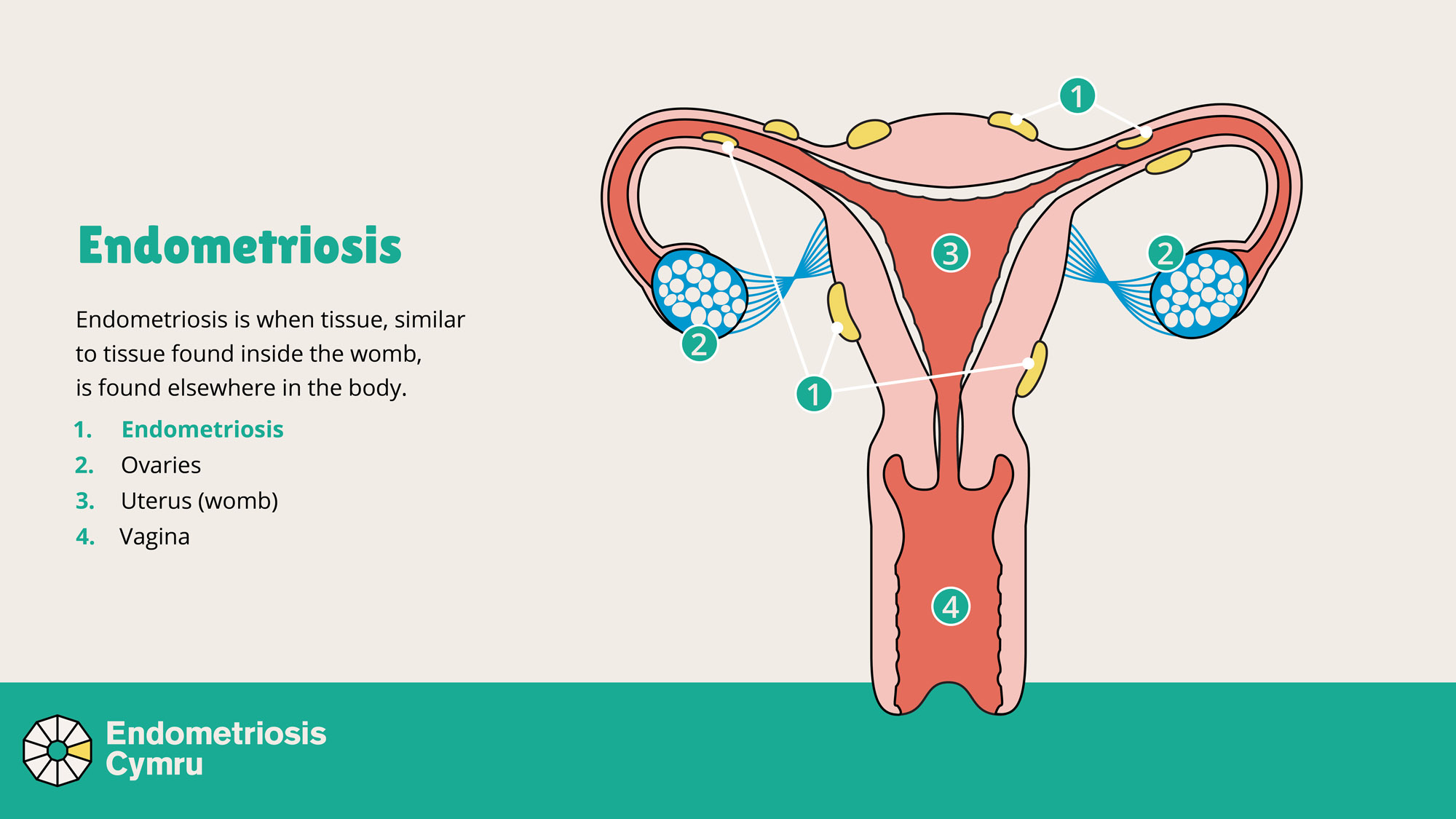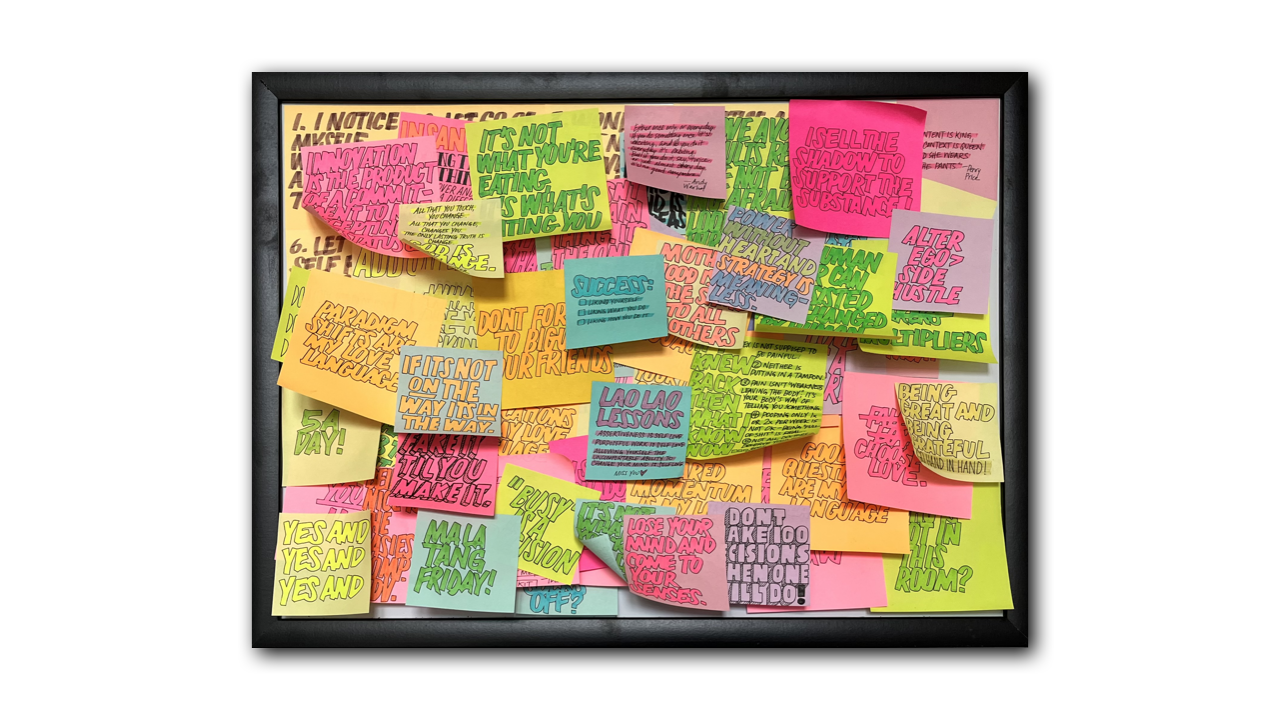Did you know endometriosis affects more than 11% of all women?
In this episode, we talk about the cause, treatment, and emotional journey around endometriosis and its impact on our lives with Stacy Tarver Patterson, who was diagnosed with endometriosis when she was 20 years old.
Listen to Stacy and her journey with endometriosis at the link below.
Watch Our Video Interview About Egg Freezing here 👇
Listen To Our Podcast About Egg Freezing👇
Stacy, can you tell our listeners/readers a little about yourself?
I am Stacy Tarver Patterson! I am 37 years old, grew up in New Jersey, moved to New York for college, and was an athlete growing up. And you know, wanting to be the best athlete you can be runs counter to listening to your body in many ways.
I was 20 years old when I was diagnosed with endometriosis at NYU hospital. That was even the first time I heard the word endometriosis. I realized at that point that I was definitely experiencing the symptoms of endometriosis as early as age 12.
I grew up as an athlete, and have worked in business which is mostly in marketing in sports, mainly because I loved my life as an athlete. Since then, I have also gotten into startups like you guys. I've worked in venture capital and as a startup founder, and I live in New York now. I do a lot with Columbia, where I went for my graduate degree, and staying in and around the New York entrepreneurial ecosystem.
Can you also describe your sexual self in three words for us?
Sensitive, curious, and guarded.
Can you explain what endometriosis is in short?
It's similar to having your period, but internally instead of the shedding of the uterine lining leaving your body, the shedding of the uterine lining is going into other places inside your body and wreaking havoc in a lot of ways.

(image from endometriosis cmyru)
How did you find out that you had endometriosis?
I always struggled with a lot of pain. Not just during my menstrual cycle but all the time. So in the years leading up to my diagnosis, I really thought that I had some sort of GI issue.
I didn't know to connect it to my reproductive cycle. I think a bit because of social stigma and the fact that my mother's Chinese and it's not within our family culture to talk about that time of the month or anything related to sexual wellness.
How do you treat it? Can you prevent it?
There's no cure. In fact, doctors still don't agree on what the true cause is of endometriosis. I've seen two dominant camps in terms of saying it's genetic or that it functions similarly to autoimmune diseases. It also affects women more often than they affect men. But um yeah, there’s no cure. But my surgery helped a lot, which I will talk about later.
How was the navigation journey?
I spent a lot of time going to GI doctors. I probably had three colonoscopies by the time I turned 30, which is not normal. And the only thing that came from having endoscopies before I got my endometriosis diagnosis is that I had gastritis.
But I had gastritis because I had been taking so much Advil because I had so much pain from the endometriosis. So it is kind of all related. It was a difficult journey. You go to a doctor and they might not know the answers, but doctors also don't have a great way of saying that they don't know.
And because there is no drug, especially in the case of endometriosis, many hormone suppression therapies have come about. I've tried them all, but no one is the kind of knockout drug as a go-to prescription. And because of that, that also disincentivizes your caretaker from really getting you on the proper care plan.
Have you seen both Western medicine and Chinese medicine for your endometriosis?
I was living in Beijing, and I went to see a TCM doctor. I sat with this woman for five minutes, explaining through a translator. She felt my pulse, looked at my tongue, we had a conversation for five minutes, and at the end of that, she was like, you have endometriosis. I was like, wow. WOW!!
Chinese medicine has been passed down for generations. It reminds me of how much our medical system, at least in the US, is oriented around being able to prescribe you a drug.
How did endometriosis impact your life and your relationship with your partner?
The most significant part is really based on my relationship with myself, building off of that own body intuition. I had a tough time before because I had been trained through the years not to talk about how I felt. I had been trained to think that this is a lonely thing that only I am experiencing, and no matter what I say, no one will understand how I feel. I’m very fortunate that I'm with someone who at least understands that that dynamic exists and is patient and encouraging with me to continue to work on it.
The second part is the physical part: recovering from surgery, during which my cervix was removed. Healing was a journey that we constantly have to navigate what's okay at what times and what's gonna cause pain. That introduced a lot of logistical thinking into physical intimacy.
The distant third reason has been the family planning aspects. You're expected to get married and have children pretty quickly afterward. Whether or not that's really something that you want or that your partner wants, there's just an inherent pressure regardless that is placed.
How has being a third-culture kid impacted your journey with your own body and sexuality?
As half Asian, half black, growing up in America with Chinese heritage… I don't know if I would describe it as different because any other cultural experience would feel (different).
But I do know that it made things very awkward for me. In terms of especially sexual exploration, I realized that I'm a very late bloomer compared to many of my friends. The culture is lenient towards ignoring or hiding it for as long as possible,
It was easier for me growing up to say my stomach really hurts and not go into more detail than that, although I had symptoms as long as I can remember into my teenage years.
I'm fortunate that I have really great friends with whom I now talk about all this stuff, and I know that those same friends would have willingly loved to talk about it with me much earlier in our lives.
What is one piece of advice you would give to all the women out there?
You have to be the quarterback or in the driver's seat of your own experience. You are the person who sets the agenda and does the progress checks and connects even sometimes one specialist to another. You have to be really the person who is captaining all of that, although that’s not how our systems are set up, especially when it comes to east and west modalities and practices.
(image from Stacy's Linkedin)
👉 Follow Stacy on Instagram @stacystp to follow her journey.
--------------
